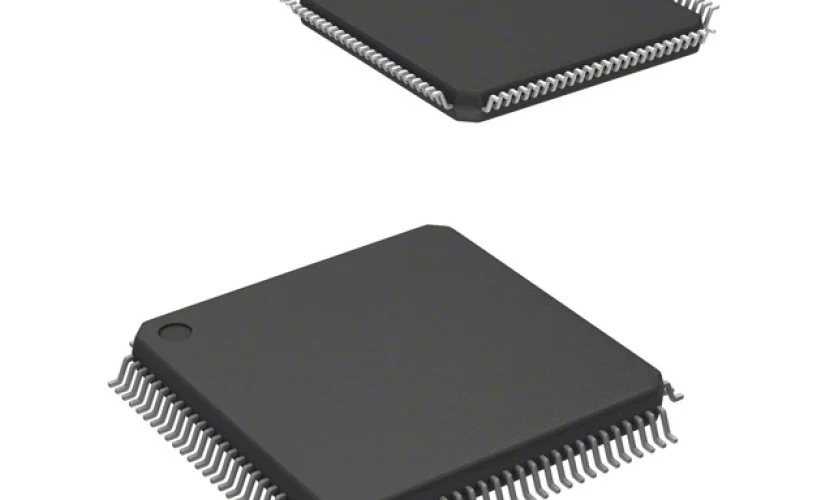What Does an Electronic Components Supplier Do?
In today’s fast-moving technology world, every device we use — from smartphones and laptops to cars and industrial machinery — relies on thousands of tiny components working in harmony. Behind the scenes, electronic components supplier play a vital role in keeping the global electronics industry running smoothly. They connect manufacturers, engineers, and businesses with the parts they need to design, build, and innovate.
If you’ve ever wondered what exactly an electronic components supplier does, this guide will walk you through their responsibilities, the value they provide, and why choosing the right partner is essential for success.
Bridging the Gap Between Manufacturers and Customers
At the core of their role, suppliers act as a bridge between component manufacturers and the businesses that need those parts. Semiconductor companies and other manufacturers often produce components in massive volumes but may not sell directly to small- or medium-sized businesses. An electronic components supplier steps in to make these products available to a broader market.
This role involves more than just stocking shelves. Suppliers manage purchasing agreements, logistics, and distribution networks, ensuring customers can access both common and specialized parts quickly and conveniently.
Providing a Wide Range of Components
A reliable supplier maintains a broad catalog of products that meet the needs of diverse industries. These include:
- Semiconductors: Essential for powering modern electronics.
- Passive Components: Resistors, capacitors, and inductors for circuit stability.
- Connectors and Cables: The “plumbing” that allows circuits to communicate.
- Sensors and Modules: Critical for IoT, automotive, and medical applications.
- Microcontrollers: The small computers inside everyday devices.
For businesses looking for a microcontroller distributor, working with a supplier that offers not only microcontrollers but also complementary components streamlines the procurement process. Instead of sourcing each part from different vendors, customers can obtain everything from one trusted partner.
Ensuring Quality and Authenticity
One of the most important responsibilities of suppliers is safeguarding quality. Counterfeit or defective components can damage products, harm a brand’s reputation, and even cause safety risks. To prevent these issues, suppliers must implement strict quality-control procedures, including:
- Partnering only with verified and authorized manufacturers.
- Conducting detailed inspections and testing when necessary.
- Offering certificates of authenticity and compliance.
By maintaining these standards, suppliers provide peace of mind to engineers and purchasing managers who cannot afford to take chances with unreliable parts.
Offering Technical Support and Expertise
Another valuable service suppliers provide is technical support. Many customers rely on guidance when selecting components that fit their project’s requirements. A strong supplier offers data sheets, technical advice, and even suggestions for alternative parts when certain items are out of stock.
This expertise is especially helpful when products move from prototype to production. The right advice can ensure the chosen components will scale efficiently, meet regulatory standards, and support long-term availability.
Managing Logistics and Delivery
Timely delivery is critical in the electronics industry. A production line waiting for components can cost businesses thousands of dollars each day. Suppliers handle the logistics of warehousing, order processing, and shipping so customers receive their parts on schedule.
Established suppliers often operate multiple distribution centers worldwide, making it easier to ship quickly and reduce downtime. Many also provide inventory management services, helping businesses plan ahead and avoid last-minute shortages.
Supporting Different Types of Customers
Electronic components suppliers serve a wide variety of clients, including:
- Large-scale manufacturers that require bulk orders.
- Small businesses and startups working on innovative projects.
- Educational institutions and researchers who need parts for experiments.
- Hobbyists and makers who purchase smaller quantities for DIY electronics.
Each group has unique needs, and the best suppliers adapt their services to meet them all. From offering bulk discounts to flexible minimum order quantities, suppliers tailor their approach to ensure accessibility for every customer.
Adding Value Beyond Sales
In addition to supplying parts, many companies go the extra mile by providing value-added services. These may include:
- Kitting services: Packaging sets of components needed for specific projects.
- Obsolescence management: Helping businesses find alternatives when a part is discontinued.
- Design support: Offering advice to engineers during the product development phase.
These extras transform suppliers from simple resellers into long-term partners that actively support their customers’ success.
Why Choosing the Right Supplier Matters
Selecting the wrong supplier can lead to delays, poor-quality parts, or inflated costs. By contrast, a reliable partner ensures you receive authentic components, technical guidance, and efficient delivery every time. The choice directly impacts your ability to deliver safe, innovative, and competitive products to market.
If you’re looking for a trusted electronic components supplier, Digi-Electronics is a strong choice. They provide a comprehensive catalog of components, act as a dependable microcontroller distributor, and maintain a reputation for quality and service. With their global reach and commitment to customer satisfaction, they make sourcing parts easier and more reliable for businesses of all sizes.
Final Thoughts
Electronic components suppliers are far more than middlemen in the technology supply chain. They ensure that authentic, high-quality parts move from manufacturers to innovators, powering the devices and systems we rely on every day. From sourcing and logistics to technical support and value-added services, their role is central to the electronics industry.
When choosing a partner, prioritize reliability, product range, and customer support. A supplier like Digi-Electronics can provide the confidence you need to move your projects from concept to reality — efficiently, affordably, and with quality guaranteed.














